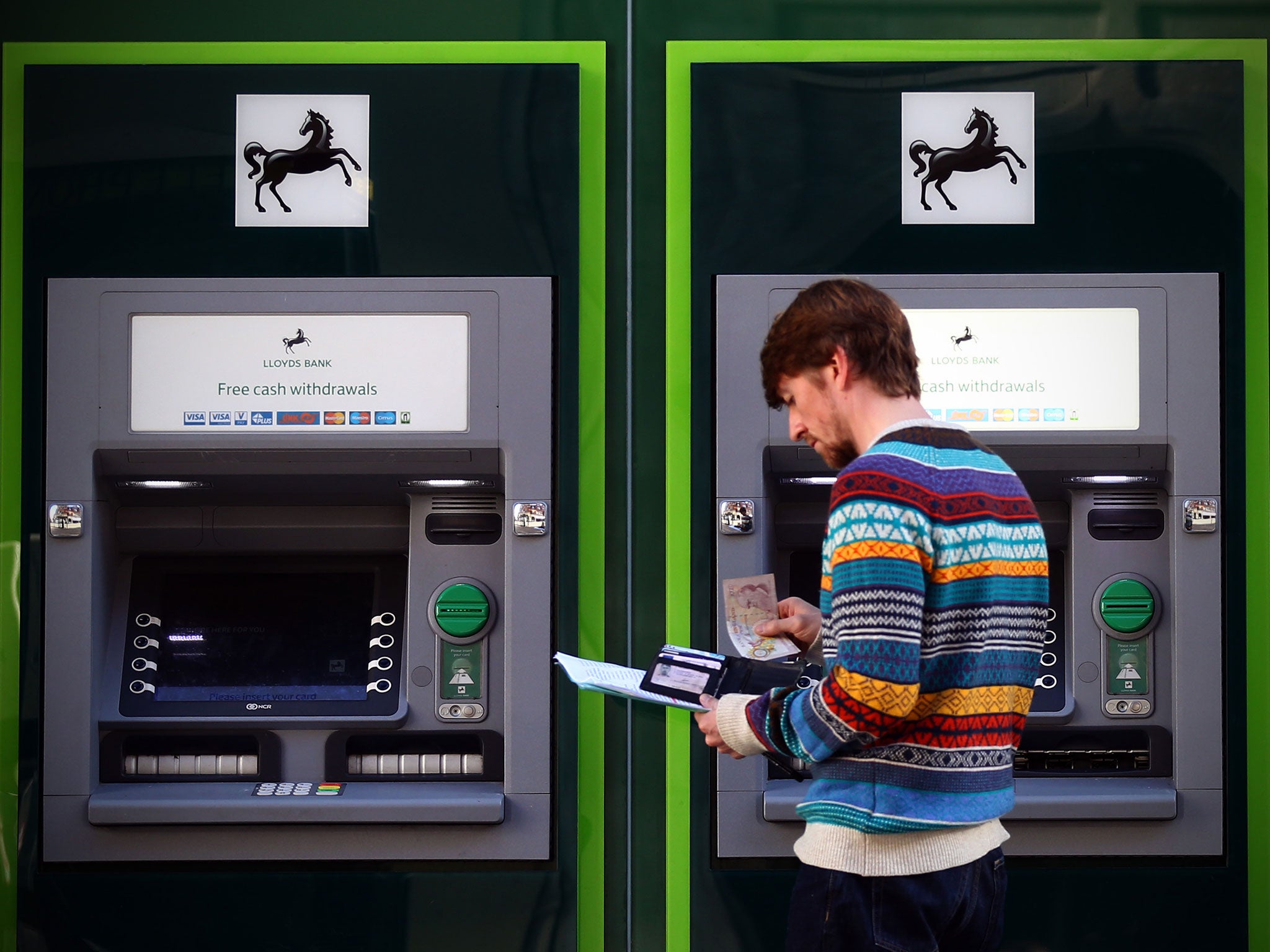Government plans to recoup £26bn of losses on Covid loans ‘woefully underdeveloped’, says committee
Ministers do not have data to determine losses due to fraud and defaults, says Public Accounts Committee

Your support helps us to tell the story
From reproductive rights to climate change to Big Tech, The Independent is on the ground when the story is developing. Whether it's investigating the financials of Elon Musk's pro-Trump PAC or producing our latest documentary, 'The A Word', which shines a light on the American women fighting for reproductive rights, we know how important it is to parse out the facts from the messaging.
At such a critical moment in US history, we need reporters on the ground. Your donation allows us to keep sending journalists to speak to both sides of the story.
The Independent is trusted by Americans across the entire political spectrum. And unlike many other quality news outlets, we choose not to lock Americans out of our reporting and analysis with paywalls. We believe quality journalism should be available to everyone, paid for by those who can afford it.
Your support makes all the difference.Plans to recoup an estimated £26bn of fraud and defaults on coronavirus loans to businesses are “woefully underdeveloped”, an influential committee of MPs has said.
Losses on the government-backed loans could be higher than £26bn because the government has not properly assessed the extent of potential fraud on the schemes, according to the Public Accounts Committee (PAC).
Its report found that the government does not have a counter-fraud strategy for the schemes and has not identified what types of fraud it will prosecute.
High street lenders providing funds under schemes including the Bounce Back Loan Scheme (BBLS) are required to conduct counter-fraud, anti-money laundering and “know your customer” checks on loan applications.
The state-owned British Business Bank believes that these checks have prevented around 27,000 fraudulent loans that represent £1.1bn but it has no data on the levels of fraud.
The National Audit Office (NAO) warned earlier this year that the taxpayer could be facing losses of up to £26bn on the emergency loans made to businesses from fraud, organised crime or default.
But in its latest report, the PAC said the government still does not have the data to assess the levels of fraud within the scheme – meaning the cost to the taxpayer could be even higher.
It added that the Treasury is yet to agree the process and protocols that lenders are expected to follow in recovering overdue loans.
The committee said: “Government’s plans for managing risks to the taxpayer – from both fraud and borrowers who are unable to repay loans – are woefully underdeveloped.
“Government does not have a counter-fraud strategy for the scheme and has not identified what types of fraud it will prosecute.“
The report comes after senior bankers cautioned on Monday that levels of fraud from taxpayer-backed Covid-19 loans are around five times higher than typical figures.
Bosses at Lloyds and Santander told MPs on the Treasury Select Committee that around 1 per cent of Bounce Back Loans have been taken out fraudulently.
Chancellor Rishi Sunak launched the BBLS at the height of the pandemic, covering 100 per cent of the loans and urging banks to ensure lending could be made quickly.
But the loan schemes had to be rushed out to help keep firms afloat in the initial spring coronavirus lockdown, which meant businesses were able to self-certify and lenders did not have to carry out any credit or affordability checks.
The PAC reiterated findings from its earlier report that slammed the government for leaving the economy vulnerable to a pandemic, even though it was a known risk.
Meg Hillier, chair of the PAC, said: “Despite knowing that it was a case of ‘when’ rather than ‘if’ a serious pandemic hit the country, government didn’t develop plans for how to support the economy.
“Rushing to get money out of the door after the fact didn’t allow for analysis of how many businesses needed this help, could benefit from it, or could repay it.
“Dropping the most basic checks was a huge issue that puts the taxpayer at risk to the tune of billions.”
The PAC is calling for the government to provide updates on how it plans to deal with fraud on the schemes, while it said the British Business Bank should report back within two weeks with the latest fraud estimates.
It is also recommending the Treasury reviews whether it is right to continue relying on firms self-certifying, and must draw up recovery rules before repayments start becoming due in May 2021 to ensure a “fair and thorough recovery of loans”.
“For the remainder of this scheme, and future schemes, HM Treasury must better balance the interests of the taxpayer with the interests of businesses,” according to the report.
The PAC also highlighted that the schemes have likely reduced competition in the small business lending market, as the five biggest lenders have provided most of the loans.
Additional reporting by Press Association

Join our commenting forum
Join thought-provoking conversations, follow other Independent readers and see their replies
Comments